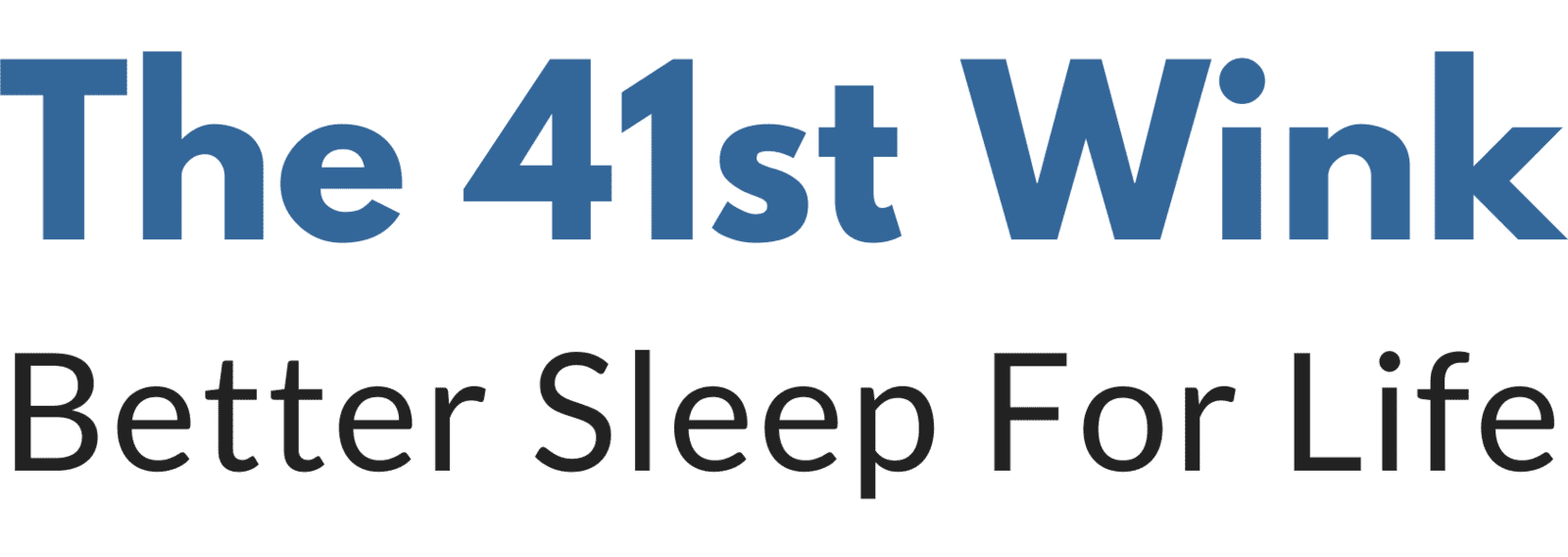Self Assessment: Are You Sleep Deprived?
The sleep deprivation self-assessment tools below are shared free with you for your personal use.
The Maas Robbins Alertness Questionnaire can be used to help to assess daytime alertness in the context of sleep quantity and quality.
Results: If you agreed with four or more of these statements, your daytime alertness is negatively affected and you may be seriously sleep-deprived.
The Epworth Sleepiness Scale can be used to help classify the severity of sleep deprivation.
Results: Your total score is based on a scale of 0 to 24. Add the values of your responses and interpret accordingly.
0-7: It is unlikely that you are abnormally sleepy.
8-9: You appear to have an average amount of daytime sleepiness.
10-15: You may be excessively sleepy depending on the situation. You may want to consider seeking medical attention.
16-24: You are excessively sleepy and it is recommended that you consider seeking medical attention.
Self Assessment: Are You Sleep Deprived?
- Cardiovascular disease: Studies have found strong associations between sleep deficiency and cardiovascular problems including high blood pressure, coronary heart disease, heart attack, and stroke.
- Diabetes: Insufficient sleep appears to affect the body’s ability to regulate blood sugar, increasing the risk of metabolic conditions like diabetes.
- Obesity: Research has found that people tend to consume more calories and carbohydrates when they don’t get enough sleep, which is just one of several ways that poor sleep may be tied to obesity and problems maintaining a healthy weight.
- Immunodeficiency: Sleep deficiency has been shown to lead to worsened immune function, including a poorer response to vaccines.
- Hormonal abnormalities: Sleep helps the body properly produce and regulate levels of various hormones, potentially increasing susceptibility to hormonal problems in people with sleep deprivation.
- Pain: Sleep-deprived people are at a higher risk of developing pain or feeling that their pain is getting worse. Pain may cause further sleep interruptions, creating a negative cycle of worsening pain and sleep.
- Mental health disorders: Sleep and mental health are closely intertwined, and poor sleep has strong associations with conditions like depression, anxiety, and bipolar disorder.
